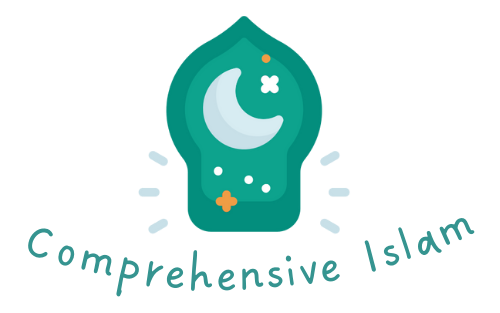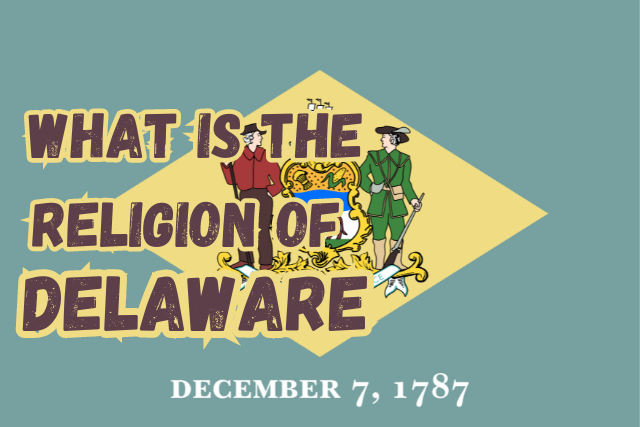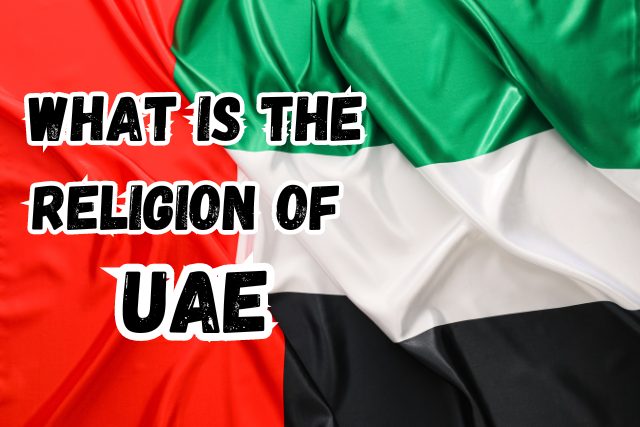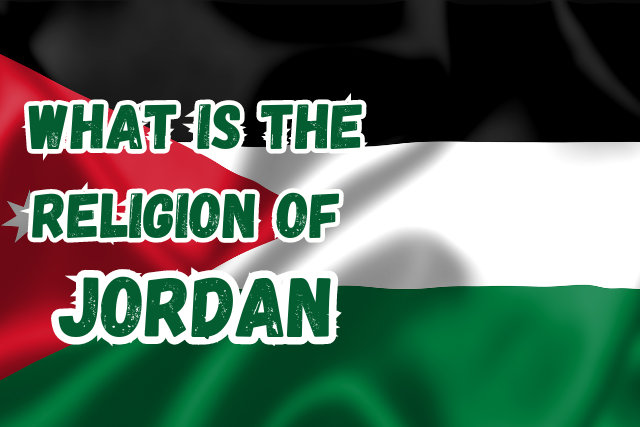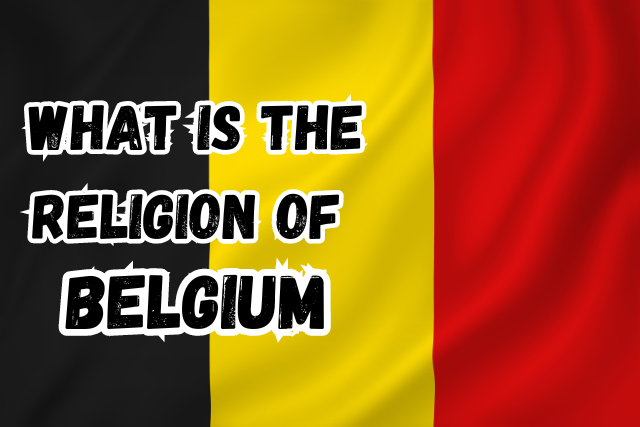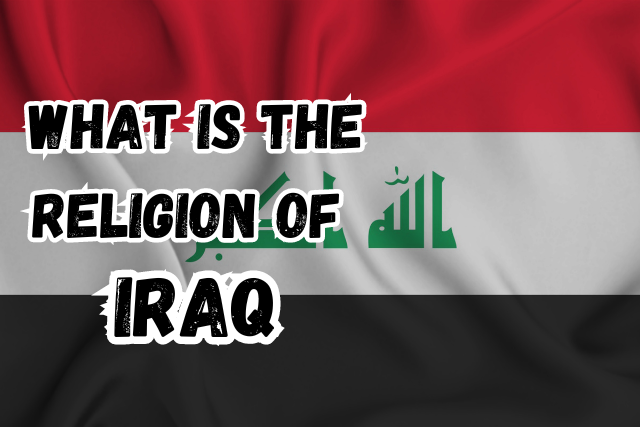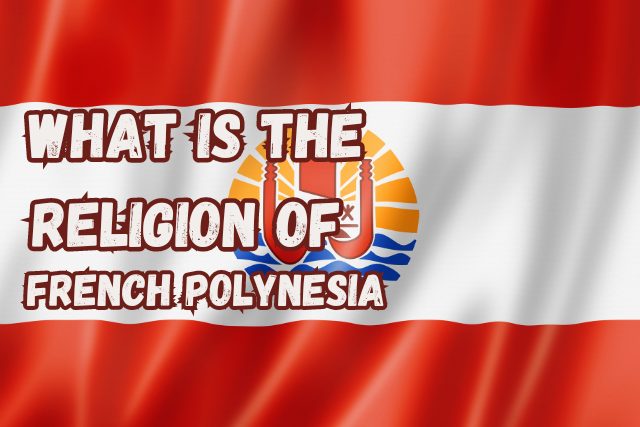What is the Religion of Eritrea
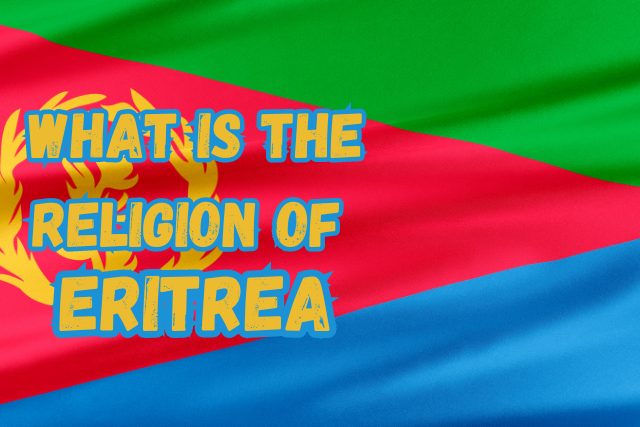
Welcome to the enchanting crossroads of spirituality and culture in Eritrea. Eritrea is a jewel on the northeastern coast of Africa. In this exploration, I’ll the vibrant tapestry of religious traditions that define Eritrea’s diverse identity. The spiritual essence of Eritrea unfolds against a backdrop of unique history and cultural diversity.
From the echoes of indigenous beliefs to the enduring presence of major world religions. Eritrea’s religious narrative unfolds as a captivating interplay of history and culture. The mosques and churches that adorn its landscapes, coupled with vibrant ceremonies, reveal a story of spiritual resilience and cultural diversity.
Ready to explore? Let’s begin this illuminating journey into Eritrea’s rich religious heritage.
What is the Religion of Eritrea | Christianity

Christianity has deep historical roots in Eritrea, dating back to the 4th century. The Eritrean Orthodox Tewahedo Church has been a significant religious institution. It’s an ancient Christian denomination. The church’s traditions are deeply embedded in the cultural and social fabric of the country.
Eritrean Orthodox Tewahedo Church
The Eritrean Orthodox Tewahedo Church follows the ancient Oriental Orthodox Christian tradition. With its distinctive liturgy and religious practices, the church plays a vital role in the lives of Christians in Eritrea.
Catholicism and Protestantism
In addition to the dominant presence of the Eritrean Orthodox Tewahdo Church. Eritrea is home to Catholic and Protestant Christian communities. These denominations contribute to the overall diversity of Christian beliefs and practices in the country.
Christian Festivals and Traditions
Christian festivals and traditions play a crucial role in Eritrean culture:
Timket: This Orthodox Christian celebration marks the Epiphany and involves elaborate processions, religious ceremonies, and communal gatherings.
Meskel: Celebrating the discovery of the True Cross, Meskel is marked by vibrant processions and the lighting of a large bonfire. It symbolizes the finding of the holy relic.
Peaceful Coexistence
Eritrea is known for the harmonious coexistence between Christians and Muslims. While each community follows its distinct practices, there is a shared understanding and respect for the diverse religious traditions present in the country.
Religious Regulations
The Eritrean government has implemented policies to regulate religious affairs. Religious groups are required to register with the government, a measure aimed at ensuring peaceful coexistence. However, concerns have been raised about potential restrictions on religious freedom.
Diaspora Influence
Eritreans in the diaspora, particularly in Europe and North America, often maintain their Christian practices. It contributes to the global Eritrean Christian identity. The diaspora plays a role in connecting Eritrean communities worldwide through shared religious traditions.
Islam
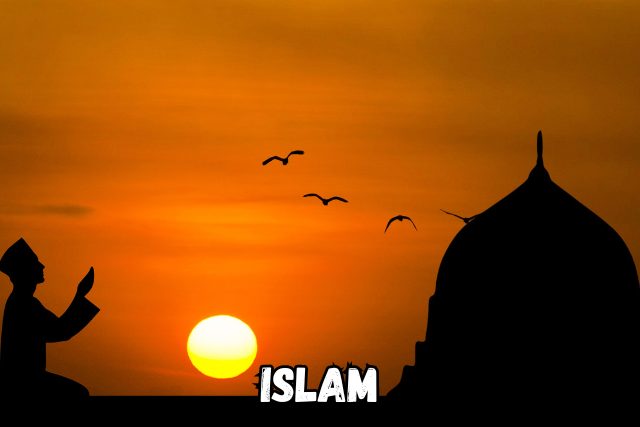
Islam also holds a substantial presence in Eritrea, with historical roots dating back to the early years of the religion. The spread of Islam in the region brought diverse Muslim communities. They contribute to the cultural and religious diversity of Eritrea.
The majority of Eritrean Muslims follow Sunni Islam. Their practices are influenced by various Islamic traditions and cultural exchanges with neighboring countries.
Coexistence with Christianity
Eritrea is known for its peaceful coexistence between Christians and Muslims. Despite historical complexities, the two religious communities share a harmonious relationship, contributing to the multicultural fabric of the nation.
Religious Practices
Muslims in Eritrea actively engage in daily prayers, with congregational Friday prayers being a significant communal event. Mosques serve as not just places of worship, but also as community hubs fostering spiritual growth.
The observance of Ramadan (the holy month of fasting) is a central religious practice. Eid al-Fitr and Eid al-Adha mark the end of Ramadan and the celebration of the Hajj pilgrimage, respectively, with communal prayers and festive gatherings.
Unity in Diversity
Interfaith relations in Eritrea emphasize unity in diversity. Muslims, alongside Christians, contribute to the nation’s cultural richness. Efforts are made to foster understanding and cooperation between the two communities.
Cultural Contributions
Islam has left an indelible mark on Eritrea’s arts and architecture. Mosques, with their intricate designs and artistic elements, stand as a testament to the cultural and religious contributions of the Muslim community.
Challenges and Government Policies
The Eritrean government has implemented policies to regulate religious practices, requiring religious groups, including Muslims, to register. These measures aim to maintain order and peaceful coexistence but have raised concerns about potential restrictions on religious freedom.
Judaism
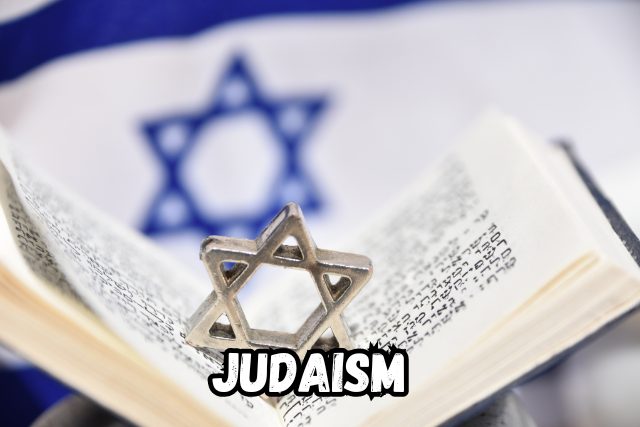
Judaism, with its ancient roots, has a historical presence in Eritrea. The Jewish community in the region has played a significant role in shaping the cultural and social fabric of the country.
Historical Impact
Jewish communities in Eritrea, although relatively small, have made substantial cultural contributions throughout history. Their influence can be traced to various aspects of Eritrean society, including arts, sciences, and trade.
Limited Numbers
The Jewish community in Eritrea is numerically limited. They face challenges related to the recognition and preservation of their cultural and religious heritage. The relatively small size of the community contributes to the unique character of Eritrea’s religious landscape.
Peaceful Coexistence
Eritrea is known for its tradition of peaceful coexistence among different religious communities. While the majority follows Orthodox Christianity and Islam, the Jewish community contributes to the country’s religious diversity.
Cultural Heritage
Efforts are being made to preserve the cultural heritage of the Jewish community in Eritrea. Initiatives focused on education and interfaith dialogue aim to highlight the historical significance of the Jewish presence in the region.
Religious Freedom
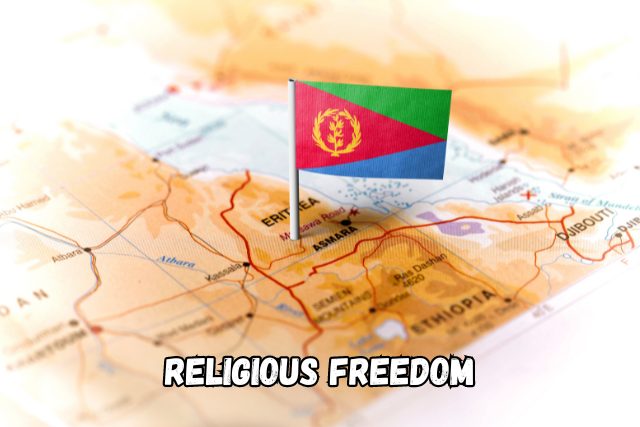
Eritrea’s constitution guarantees the freedom of thought, conscience, and belief, including the freedom to practice any religion. However, the practical implementation of these constitutional provisions has faced scrutiny.
Religious groups in Eritrea are required to register with the government to be officially recognized. This registration process has been a point of contention, with concerns raised about the potential limitations it imposes on religious freedom.
Eritrea has faced criticism for restrictions on religious practices. It includes limitations on religious gatherings and the closure of unregistered religious institutions. These measures have been viewed by some as hindrances to the full exercise of religious freedom.
Religious minorities have faced challenges in obtaining official recognition and maintaining their religious practices. The recognition process has been a source of concern regarding the inclusivity of religious freedoms.
Final Thoughts
Eritrea’s religious landscape is a testament to the nation’s rich history, cultural diversity, and commitment to religious freedom. The coexistence of Christianity and Islam, along with the presence of religious minorities. It paints a picture of a society where different faiths contribute to the vibrant mosaic of Eritrean identity.
However, challenges related to religious freedom and recognition persist. It is shaping ongoing discussions about the role of faith in Eritrea’s evolving identity. Navigating these complexities, and embracing diversity is crucial. Fostering dialogue and understanding will be key to a harmonious, inclusive future.
FAQs
What are the main religions in Eritrea?
The main religions in Eritrea are Orthodox Christianity and Islam, with a historical presence dating back centuries.
Are there religious minorities in Eritrea?
Yes, Eritrea is home to religious minorities, including the Bahá’í community, and remnants of historical Jewish influence.
What religion is banned in Eritrea?
There is no official ban on any specific religion in Eritrea. However, the government has implemented strict regulations on religious practices, impacting various religious communities.
When did Eritrea accept Christianity?
Eritrea has a long history with Christianity, dating back to the 4th century. It became a prominent religion in the region, with the establishment of the Eritrean Orthodox Tewahdo Church.
How many Muslims are in Eritrea?
Muslims constitute a significant portion of the Eritrean population, with estimates suggesting around 50% adherence to Islam. Population figures can vary based on sources and demographic changes.
